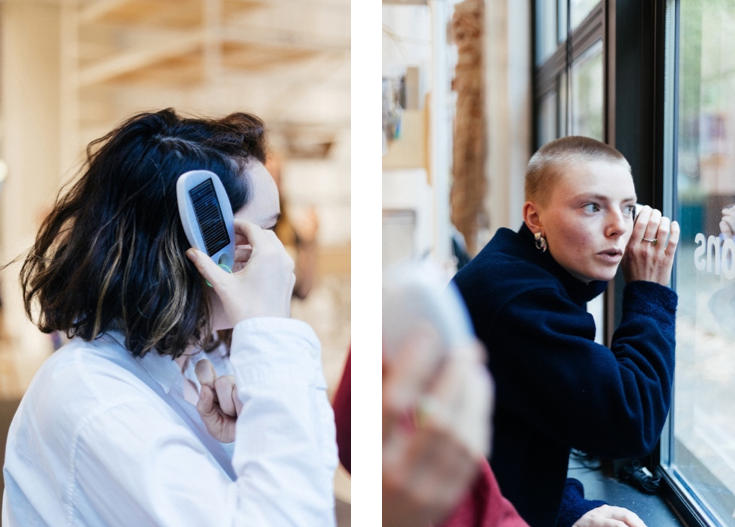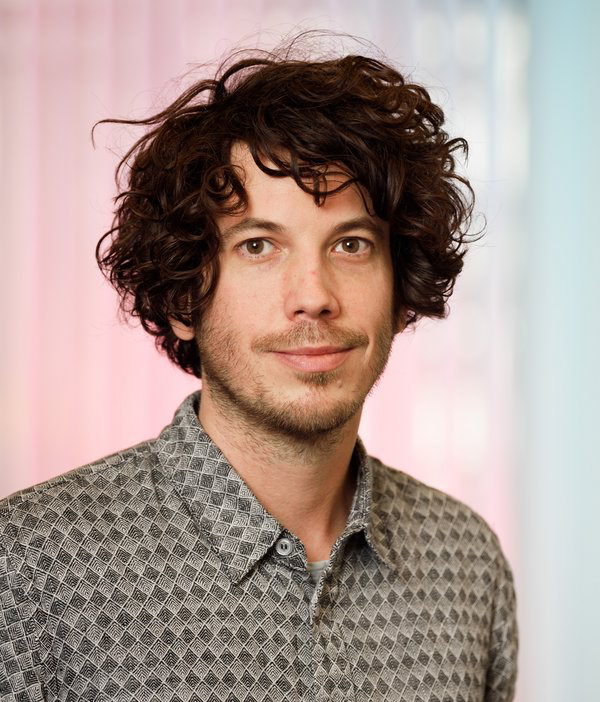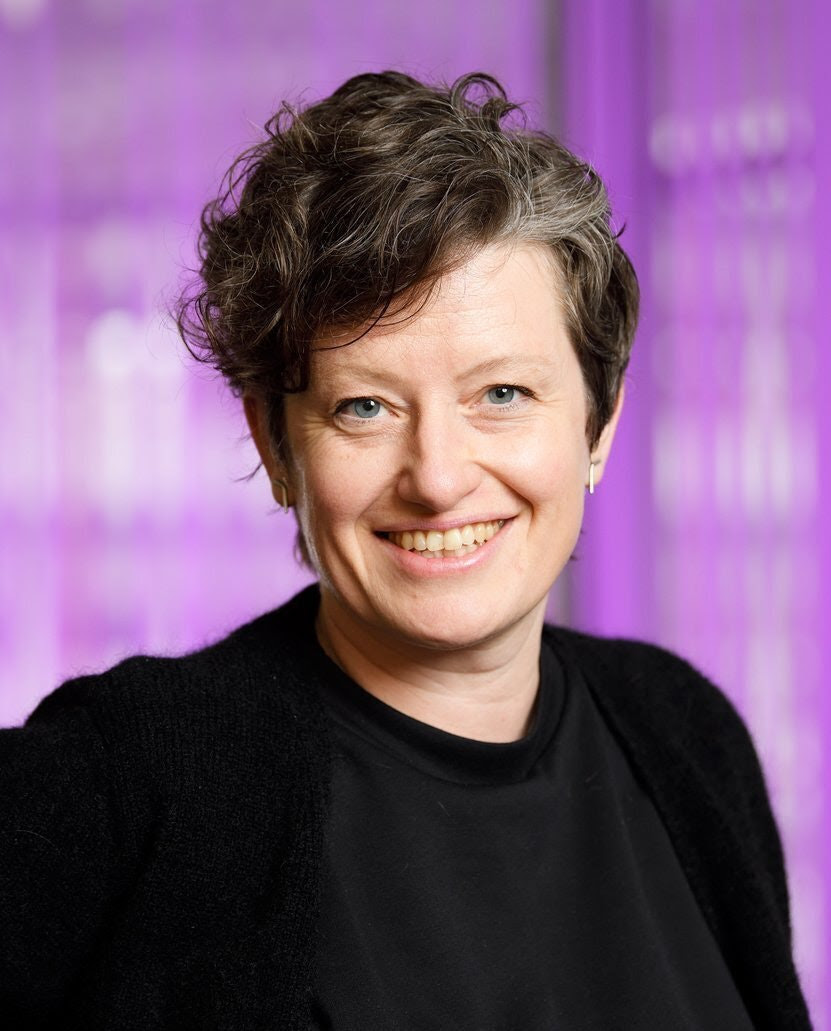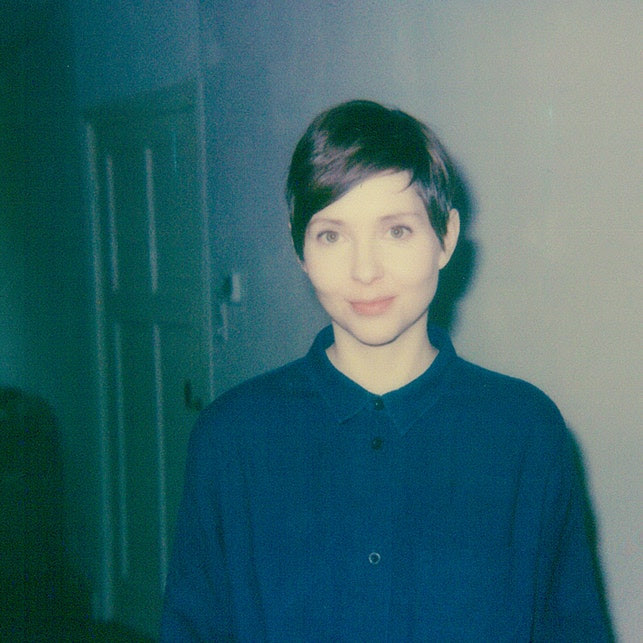Syllabus⇝
Students will participate in a series of workshop activities that address challenges for quickly embodying concepts, and addressing them through lived experiences.
Throughout the week, students will engage in early and easy making processes. They will address the experiences of these things through the body.
Each student will move through:
- Lo-fi version of their project/concept
- Different time scales
- Move from speculation to have a component of reality for their concept.
On the final day, students will present their experiences by means of videos.
Keywords: Making with Magic Machines, 1st Person Research
Learning Objectives⇝
In the course, students will experience the design process from a 1st person perspective by means of a series of interventions in their own life, with their own community.
They will learn how to:
- Do quick lo-fi prototyping sessions
- Ideate through making with
- Apply 1st Person Research to their projects
- Document and communicate 1st Person Research through videos
- Reflect on the personal implications their projects imply
Materials⇝
For the first day (Tuesday) please bring materials for tinkering like paper, old stuff, cardboard, textiles, scissors, tape, etc...
Schedule⇝
10:00 to 14:00 In-person
Activities: 30 min intro, 2,5 hours workshop, make a companion, 30 min debate, 10 min challenge for Thursday (living with your companion, explore documentation process).
10:00 to 13:00 In-person
Activities: 1 hour “Presentations” living with your companion and discussion about what they learned. 1 hour presentation from Angella (Green Screen and Solar Ears) and discussion. 1 hour planning a 1PP design intervention in relation to your area of interest.
17:00 to 19:00 On-line and/or in-person
Activities: feedback session (checkpoint).
15:00 to 19:00 In-person
Activities: Final video presentations and debate.
Deliverables⇝
- Presentation
- Video
- Reflection
Grading Method⇝
Class discussion and questions (formative), personal feedback (formative), attendance and participation (summative), deliverables including presentation and video (summative), personal reflections (summative).
| Percentage | Description |
|---|---|
| 20% | Participation |
| 40% | Deliverables |
| 40% | Personal reflections |
European Credit Transfer and Accumulation System (ECTS)
1 ECTS
Additional Resources⇝
Revell, T., & Andersen, H. K. G. K. (2021). The Telling of Things: Imagining Through, With and About Machines. In M. C. Rozendaal, B. Marenko, & W. Odom (editors), Designing Smart Objects in Everyday Life: Intelligences, Agencies, Ecologies (blz. 57-72). Bloomsbury Visual Arts.
Andrés Lucero, Audrey Desjardins, and Carman Neustaedter. 2021. Longitudinal first-person HCI research methods. In Proceedings of the Advances in Longitudinal HCI Research, Evangelos Karapanos, Jens Gerken, Jesper Kjeldskov and Mikael B. Skov (Eds.), Springer International Publishing, Cham, 79–99.
Madeline Balaam, Rob Comber, Rachel E. Clarke, Charles Windlin, Anna Ståhl, Kristina Höök, and Geraldine Fitzpatrick. 2019. Emotion Work in Experience-Centered Design. In Proceedings of the 2019 CHI Conference on Human Factors in Computing Systems (CHI '19). Association for Computing Machinery, New York, NY, USA, Paper 602, 1–12.
Audrey Desjardins and Aubree Ball. 2018. Revealing Tensions in Autobiographical Design in HCI. In Proceedings of the 2018 Designing Interactive Systems Conference (DIS '18). Association for Computing Machinery, New York, NY, USA, 753–764.
Thecla Schiphorst. 2011. Self-evidence: applying somatic connoisseurship to experience design. In CHI '11 Extended Abstracts on Human Factors in Computing Systems (CHI EA '11). Association for Computing Machinery, New York, NY, USA, 145–160.
Eva Hornecker, Paul Marshall, and Jörn Hurtienne. 2017. Locating theories of embodiment along three axes: 1st - 3d person, body-context, practice-cognition. In Workshop position paper for ACM CHI 2017 workshop on Soma-Based Design Theory. 4 pages
Andrés Lucero. 2018. Living Without a Mobile Phone: An Autoethnography. In Proceedings of the 2018 Designing Interactive Systems Conference (DIS '18). Association for Computing Machinery, New York, NY, USA, 765–776.
Audrey Desjardins and Ron Wakkary. 2016. Living In A Prototype: A Reconfigured Space. In Proceedings of the Conference on Human Factors in Computing Systems (CHI '16). ACM, New York, NY, USA, 5274–5285.
Carman Neustaedter and Phoebe Sengers. 2012. Autobiographical design: what you can learn from designing for yourself. interactions 19, 6 (November + December 2012), 28–33.
Oscar Tomico, Vera Winthagen, and Marcel van Heist. 2012. Designing for, with or within: 1st, 2nd and 3rd person points of view on designing for systems. In Proceedings of the 7th Nordic Conference on Human-Computer Interaction (NordiCHI '12). ACM, New York, NY, USA, 180–188.
Faculty⇝
Oscar Tomico is associate professor at the Department of Industrial Design at Eindhoven University of Technology on Design Research Methodologies for Posthuman Sustainability. His research revolves around 1st Person Perspectives to Research through Design at different scales (bodies, communities and socio-technical systems). Ranging from developing embodied ideation techniques for close or on the body applications (e.g. soft wearables), contextualized design interventions to situate design practice in everyday life, exploring the impact of future local, distributed, open and circular socio-technical systems of production, or experimenting with cohabitation as a posthuman approach to multi-species design.
Kristina Andersen is associate professor at the Future Everyday cluster of the Department of Industrial Design. Her work is concerned with how we can allow each other to imagine our possible technological futures through digital craftsmanship and collaborations with semi intelligent machines in the context of material practices of soft fiber-based things. How can we innovate, design and act around that which is yet to be imagined? Who gets to drive innovation processes? And how can we reframe our methodologies to include the complex cultural, political, and personal aspects of life? Can we approach this through making (and thinking) about technology, communities and materials as a way to construct visions of the unknown?
Andersen was based at STEIM for 14 years, she was part of the Making Things Public art research program at the Gerrit Rietveld Academie and lead the Instruments and Interfaces master’s degree program at the Royal Conservatoire in The Hague. She is a longstanding advisor of the Stimuleringsfonds Creatieve Industrie, and currently acts as expert reviewer for H2020, ICT and FET for both application and project reviews. Andersen co-chaired the CHI art 2018, CHI Design paper track 2019 and 2020, and DIS pictorials 2019.
Angella currently works as a Lecturer for the M.Sc. Digital Design (MDD) programme at the Amsterdam University of Applied Sciences (AUAS), and as a Researcher for both the Fashion Research & Technology (FRT) and Civic Interaction Design (CIxD) groups at AUAS. Angella holds a doctorate degree from the Eindhoven University of Technology and Signify Research (formerly Philips Lighting Research) as a Marie Skłodowska-Curie doctoral fellow with ArcInTex ETN. Since 2007, Mackey’s design practise has investigated wearable technologies in art, research and commercial contexts. She has designed hyper-functional garments in a wide range of industries, from medical to commercial space flight, and lectured in various settings on the design challenges for integrating electronics into fashion. Most notably, she founded Vega Wearable Light, a line of illuminated outerwear for style-conscious cyclists from 2010-2014 in Gothenburg, Sweden.



